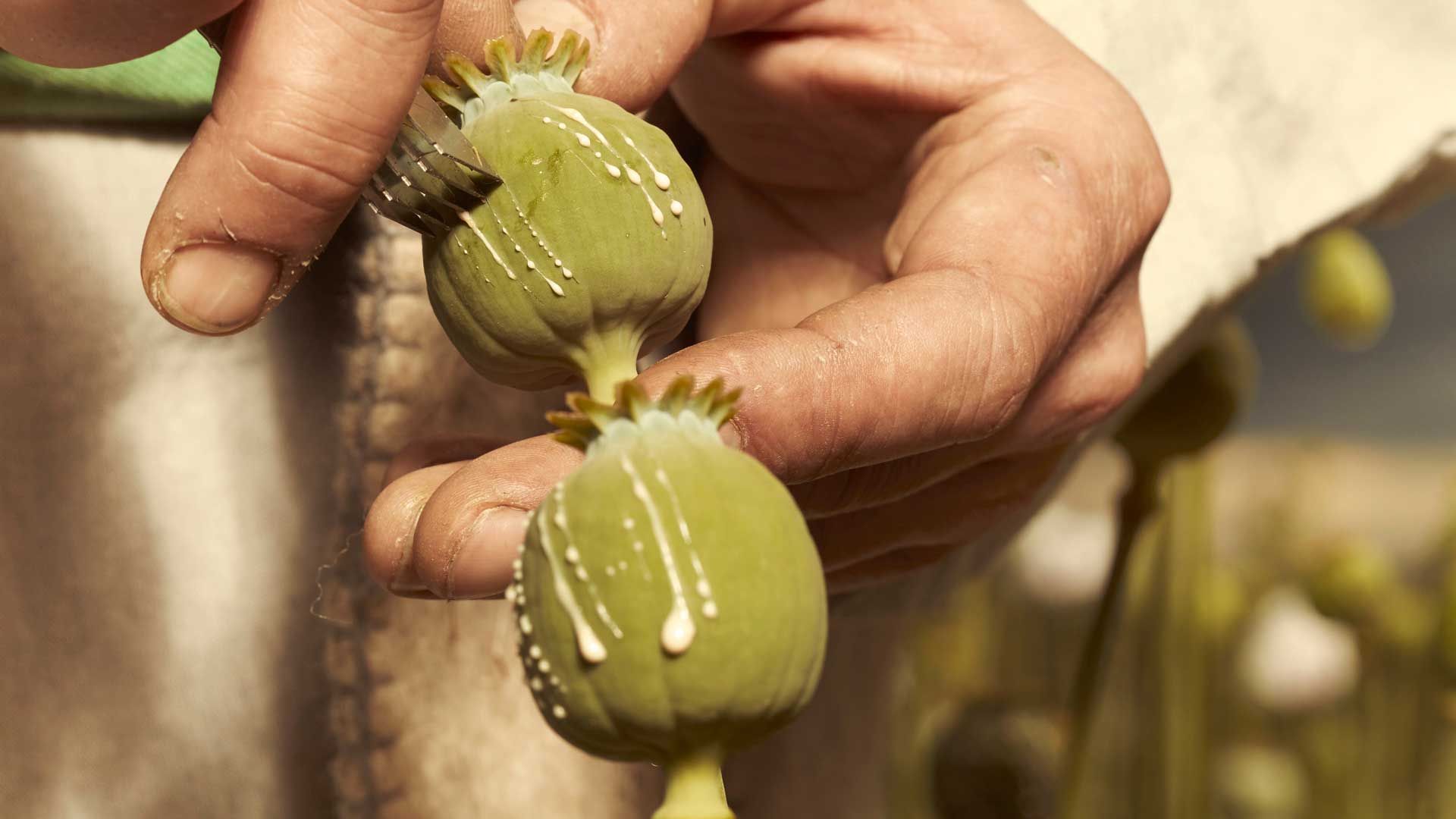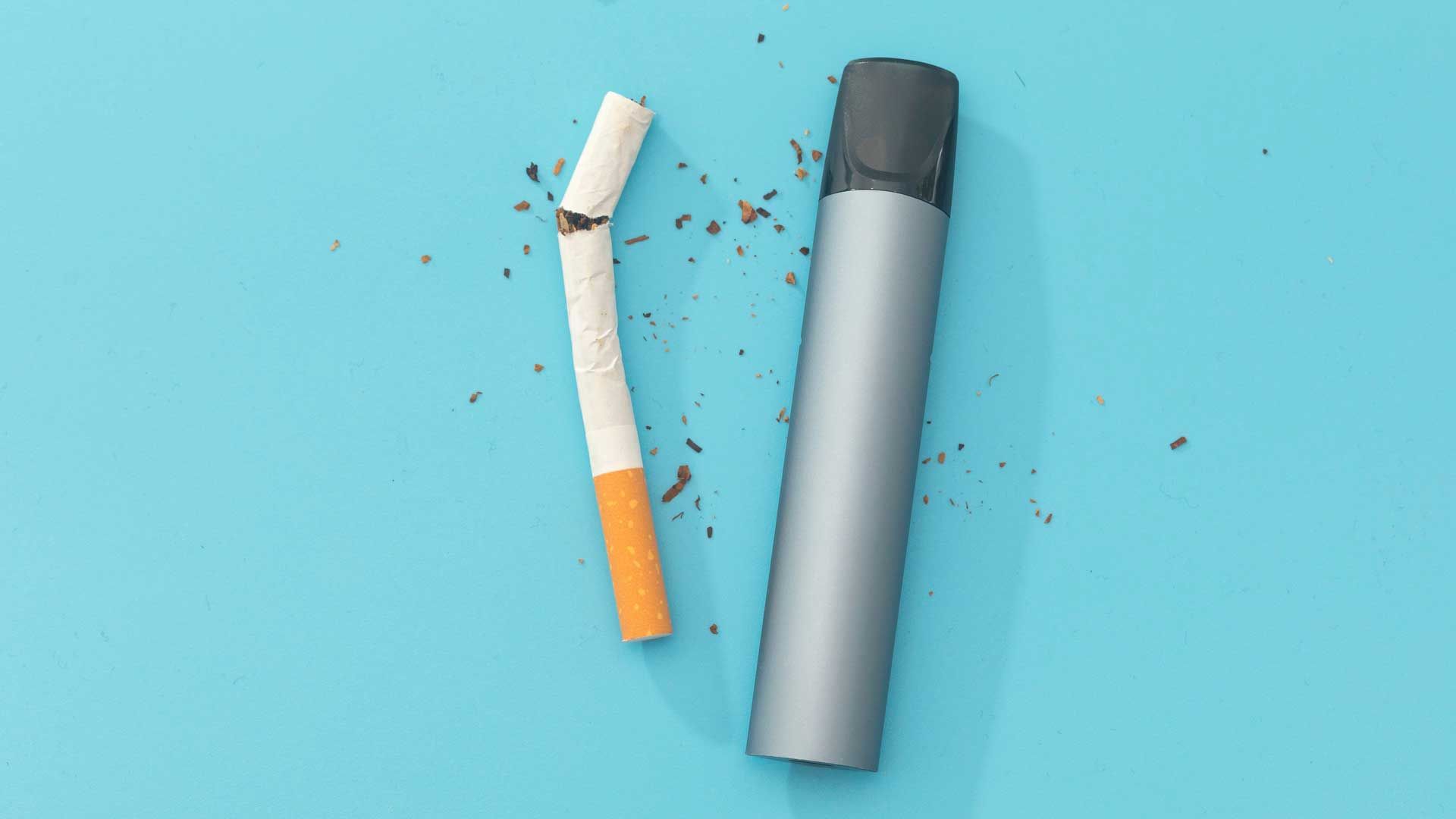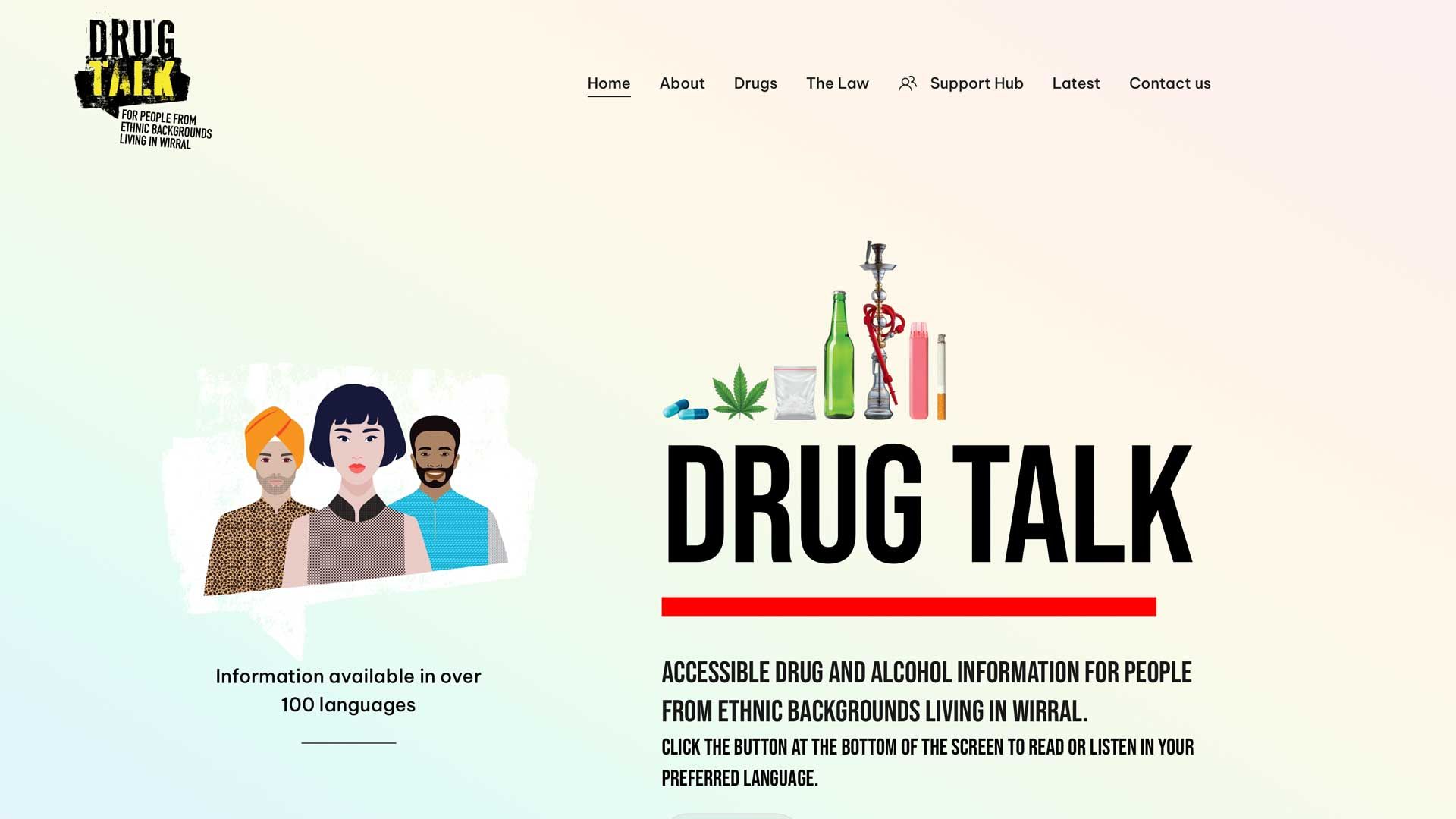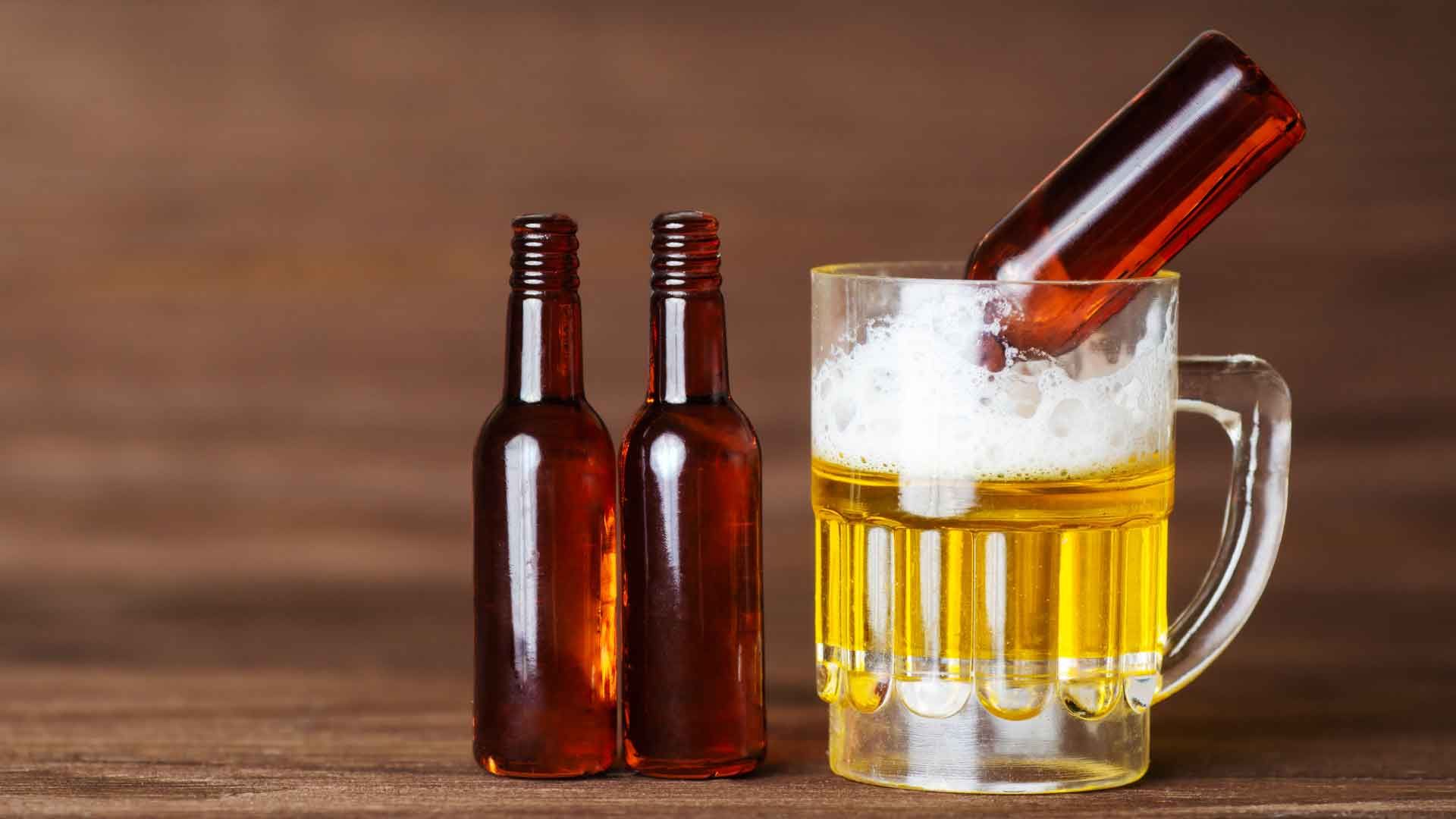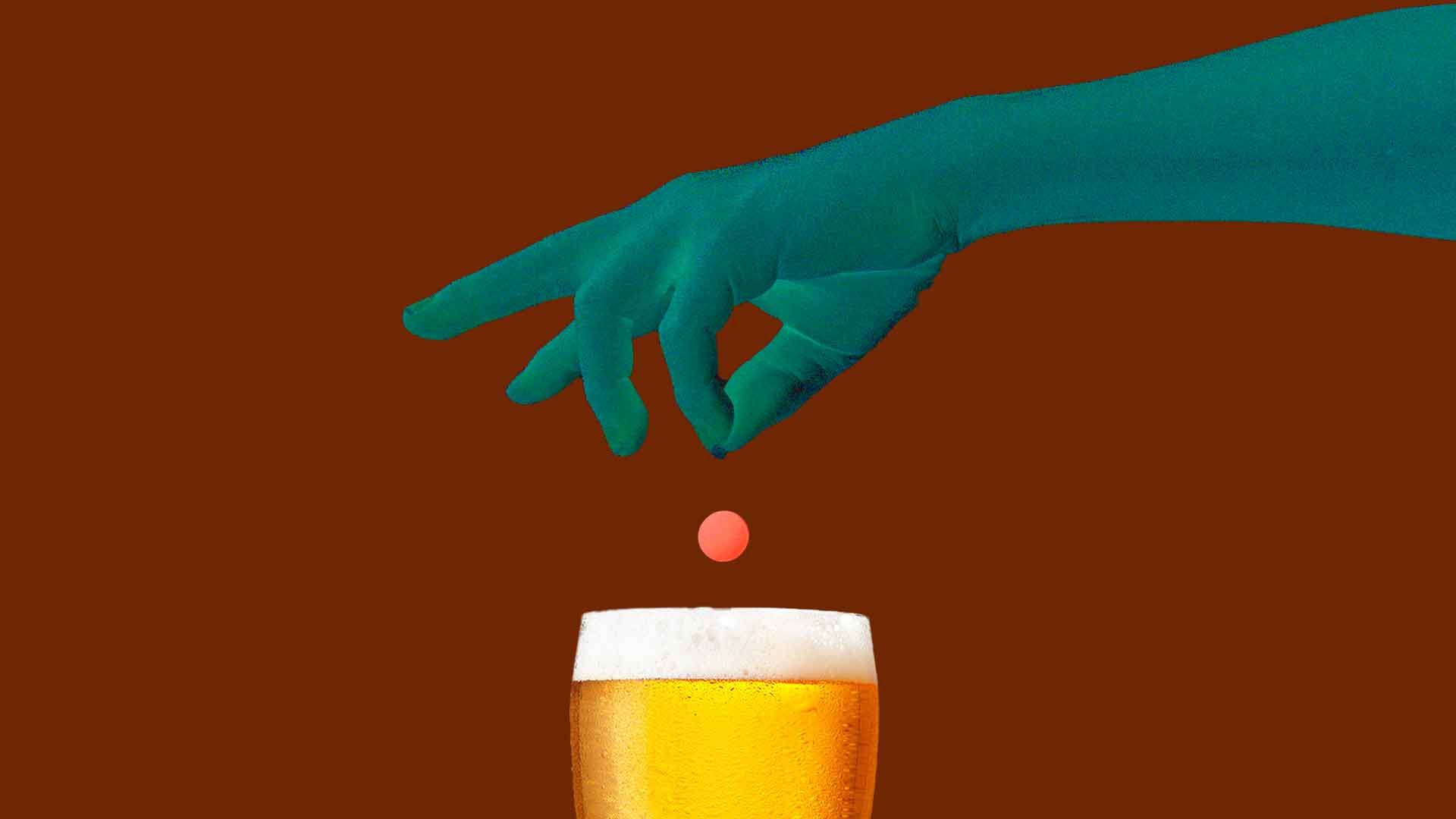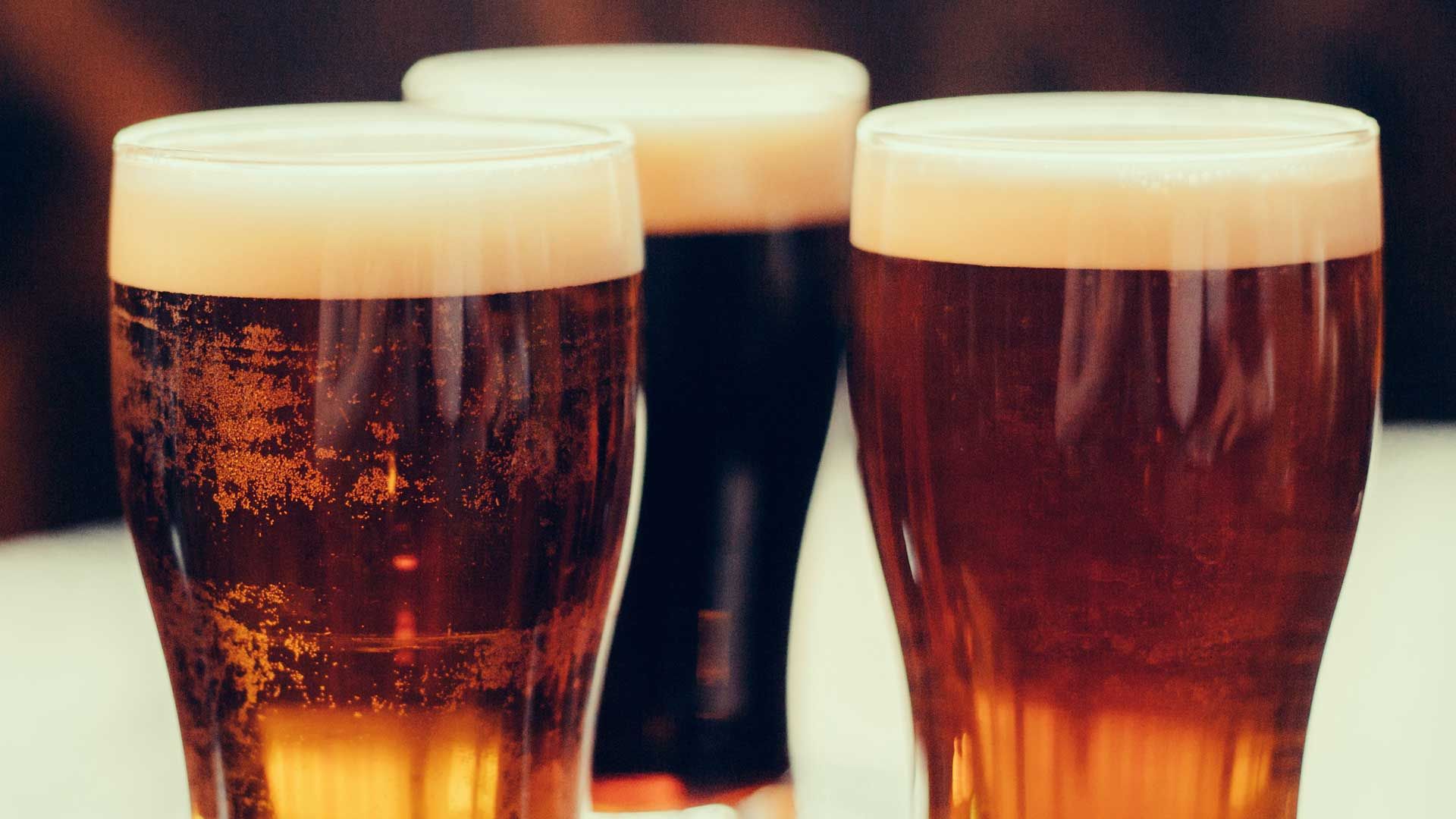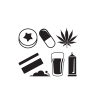Nearly a quarter of all drug driving offenders are repeat offenders.
A wide-ranging strategy is needed to raise awareness of the risks associated with drug-impaired driving and deter repeat offenders.
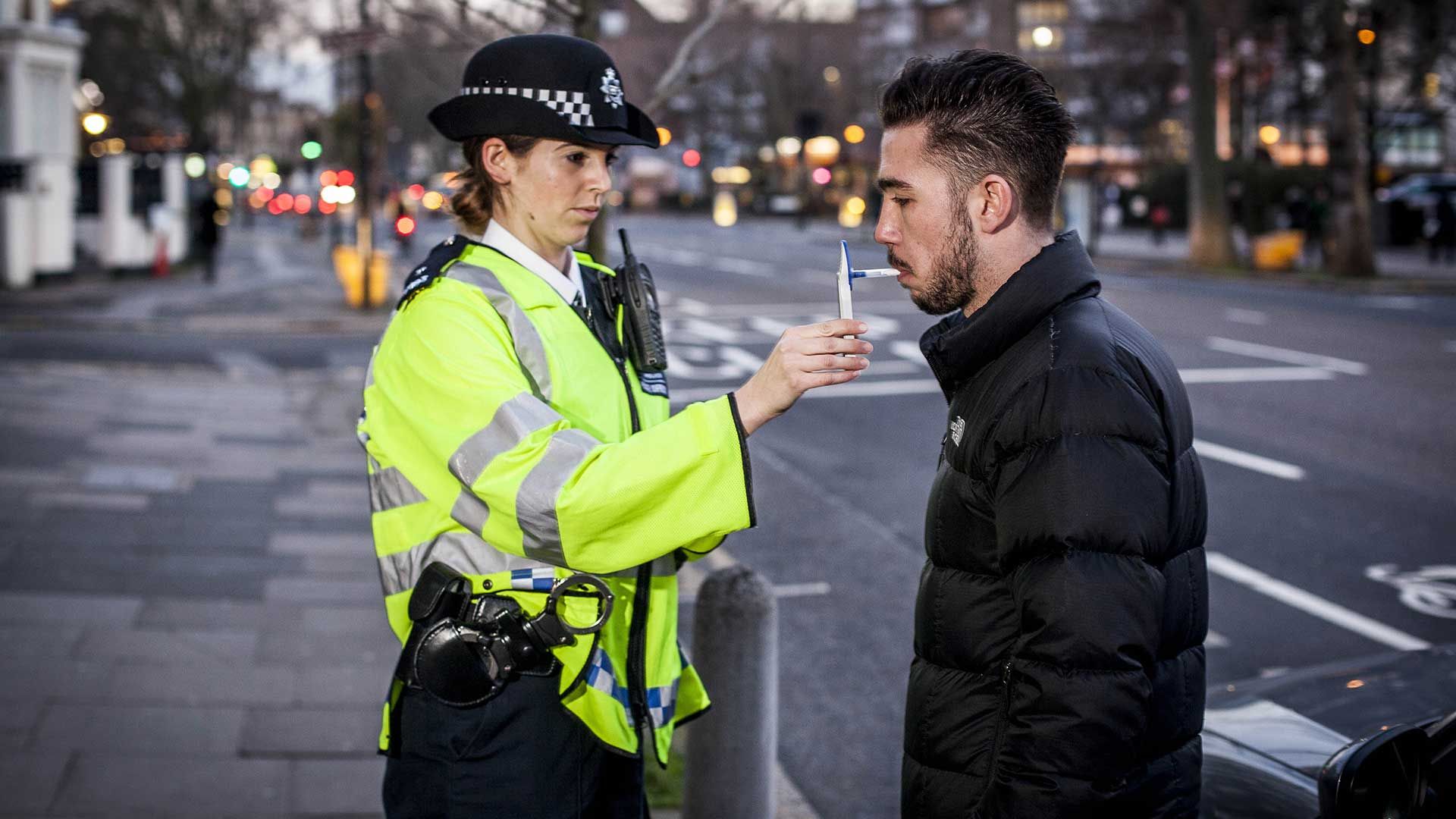
According to a recent report by the Parliamentary Advisory Council for Transport Safety (PACTS), "58,108 people committed a drug driving offence between 2010 and 2019. Of these, 14,224 had a previous drink/drug driving offence on their record, meaning 24% of drug driving offenders were re-offending." By comparison, 7% of people who had a drink-drive conviction were re-offending, the report added.
Ten repeat drug drive offenders were involved in fatal accidents. In addition, over 400 offenders had numerous previous drug/drink offences on their record - with one offender having 18 prior convictions.
In 2019, 92 people died, and 672 people were seriously injured where drugs impaired a driver/rider - an increase since 2013 when 36 people died, and 241 people were seriously injured in such collisions.
Most people who re-offend did so soon after their conviction. The report said, "11,402 committed an offence in the year after their previous offence." These numbers don't include people who weren't caught, so the actual level of re-offending is likely to be higher.
Generally, drug drivers are more likely to have a criminal record, most of which are drug-related. Research carried out in 2017 found that "67% of those convicted of drug driving offences had one or more previous convictions. In addition, 28% of those convicted had ten or more previous offences. Typically, these offences were for theft/burglary or drug-related."
More than half of people screened for drug driving were under 30, with the highest percentage of positive results being in the 20-25 age group. In addition, men were more likely to test positive than women - 61% of tests on men were positive, compared to 51% for women.
Cannabis, followed by cocaine, was the most common drug detected. Unsurprising considering most roadside saliva devices test for cannabis and cocaine, the most widely used illegal drugs in the UK. However, there is also evidence that controlled prescription drugs, such as benzodiazepines and opioids, are frequently used at levels that could impair driving.
Many drivers who test positive for drugs may also have alcohol in their system and vice versa. But as drug driving combined with drink driving carries no additional penalty, a drug driving test may not be carried out if an initial alcohol test proves positive. As a result, the number of drivers combining alcohol and illegal drugs is unknown. However, a 2017 French study found that half of the drug drivers also had alcohol levels above the permitted limits in France.
While certain groups are more likely to drug drive, drug driver is happening throughout the general population. The number of drug drivers appears higher than reported, and it is clear that a wide-ranging strategy is needed to tackle the problem. The strategy needs to gather accurate, up-to-date data to underpin enforcement and provide support for people convicted of drug driving to reduce the level of re-offending.
The report concludes with several recommendations, including,
better education of drivers around the risks of drug driving, introducing a new drug and drink driving offence - supported by increased levels of enforcement. Improving detection rates by using roadside tests to detect a broader range of drugs and introducing a new drug drive rehabilitation course - similar to the existing drink and drug driving course - but run exclusively for drug drivers.
